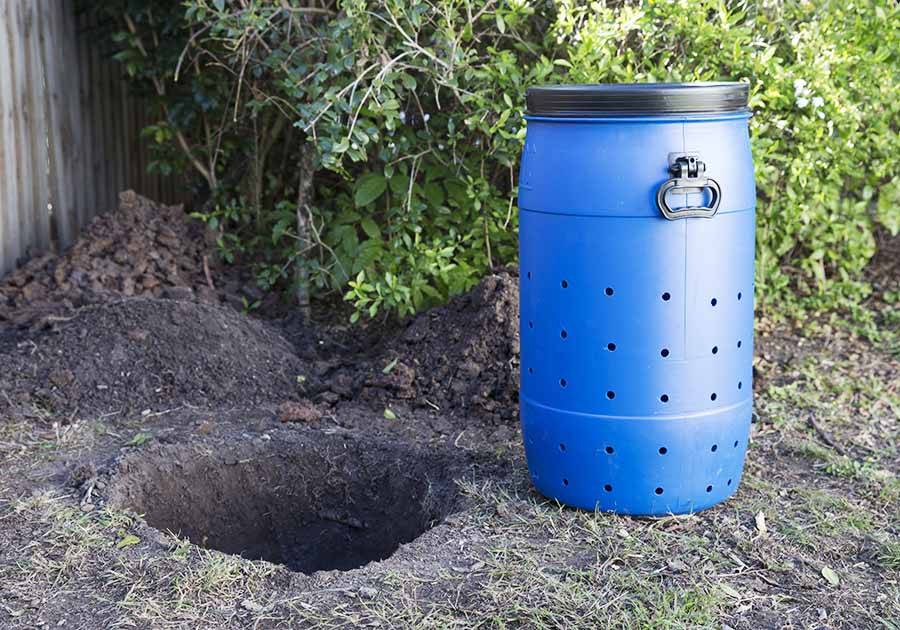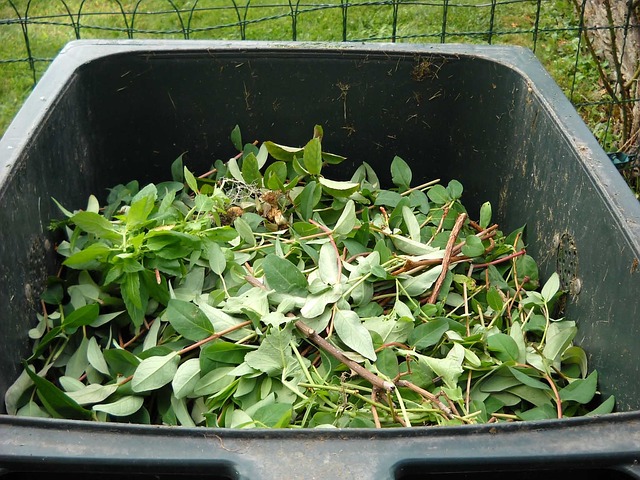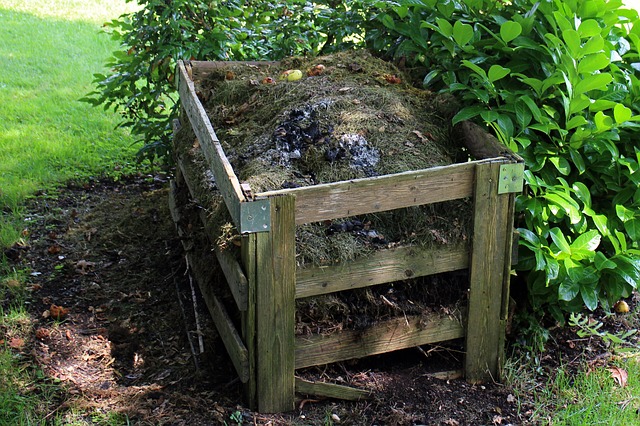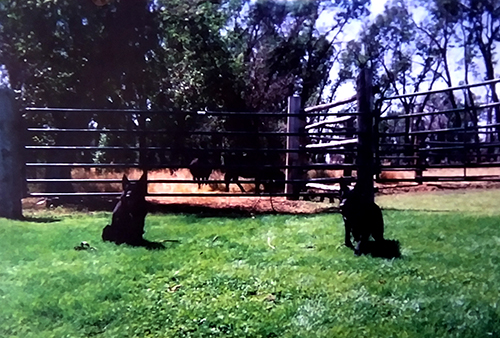What is Composting Dog Manure?
Composting dog manure is the process of turning dog waste into a nutrient-rich organic matter that can help improve soil health. This process can be done with the help of compost worms and a composting system. It is important to note that, while composting can be a great way to deal with pet waste, it is still important to take into account the potential health risks that may be associated with composting dog manure. This is why it is important to understand the pros and cons of composting dog manure before attempting this process.
Benefits of Composting Dog Manure Composting dog manure has many benefits, both to the environment and to your own garden. Firstly, composting dog manure is an effective way to reduce the amount of waste sent to landfills and adding a nutrient-rich source of organic matter to your soil. Furthermore, composting dog manure also helps to reduce odor and unpleasantness associated with dog waste. Composting can also help to reduce the risk of diseases and parasites that can be present in unprocessed dog waste, making it a safer option for both you and your pet. Finally, composting dog manure provides an easy and natural way to fertilize your garden and improve soil health.
Potential Disadvantages of Composting Dog Manure Remember not to mix your composted dog manure in with regular compost or use it in your vegetable garden, as pet waste can contain harmful pathogens. The heat generated by composting is generally enough to destroy these pathogens, but it's best to be safe.
Composting dog poop requires a good amount of maintenance. The compost pile must be regularly turned and monitored for proper aeration and moisture levels. If not properly maintained, the pile could become anaerobic, which can cause odors and attract pests. Finally, composting dog waste requires the use of a bin or container. If the compost container is not properly managed, it may allow for the runoff of excess liquids, which can contaminate groundwater.

How to Compost Dog Manure It's relatively easy to compost dog waste, requiring a trash bin with holes drilled in it, plus sawdust and old compost. To start composting, place dog poop in the bin everyday and cover it with a shovel full of carbon materials such as sawdust. The best dog waste compost methods bury the bucket or bin in the ground to allow access by worms and soil life. Then mix in a shovel full of soil or old compost every few days. This will help introduce helpful bacteria and soil life to start the compost working. With the right management and maintenance, you’ll have a healthy and nutrient-rich compost pile in no time.
Requirements for a Successful Compost Pile Composting dog manure can be a great way to create free, nutrient-rich organic matter for your flowers and shrubs and help keep canine waste out of landfills. However, it is important to understand the requirements for a successful compost pile in order to maximize its benefits.
The first requirement is that the compost pile needs to be kept aerated in order to help the bacteria and fungi break down the organic matter. This can be accomplished by turning the pile occasionally with a pitchfork or shovel. Additionally, the temperature of the compost needs to be monitored to ensure that the bacteria and fungi are able to break down the organic matter effectively.
It is also important to ensure that the compost pile has the correct balance of nitrogen and carbon. Dog manure is high in nitrogen, so adding carbon-rich materials such as shredded leaves and straw can help create the ideal balance. Finally, the compost pile should be kept moist but not overly wet.
When composting dog manure, it is important to observe these requirements in order to ensure that the compost pile is able to break down the organic matter effectively. Doing so will allow you to create free, nutrient-rich organic matter for your plants, while also helping to keep canine waste out of landfills.

Composting Dog Manure in the Winter Months Winter time can be a tricky time for composting dog manure. If the compost pile is kept outdoors, the cold temperatures can make it difficult for the compost to break down. Additionally, the moisture from snow or rain can cause the compost pile to become soggy and cold, which can inhibit the composting process. In order to successfully compost dog manure in the winter months, it is important to keep the compost pile covered and protected from the elements. The pile should be placed in an area that receives some direct sunlight to help warm the pile and encourage bacterial and fungal activity. Additionally, it is important to ensure the pile is not too wet by adding dry and absorbent materials such as wood chips or straw. Turning the pile periodically will also help to aerate it and provide oxygen to the microorganisms that help with the composting process.
When it comes to disposing of dog manure, composting is a great alternative to throwing it away in the trash. Composting dog waste is an environmentally friendly way to reduce the amount of waste sent to landfills and create a nutrient-rich source of organic matter for plants.







